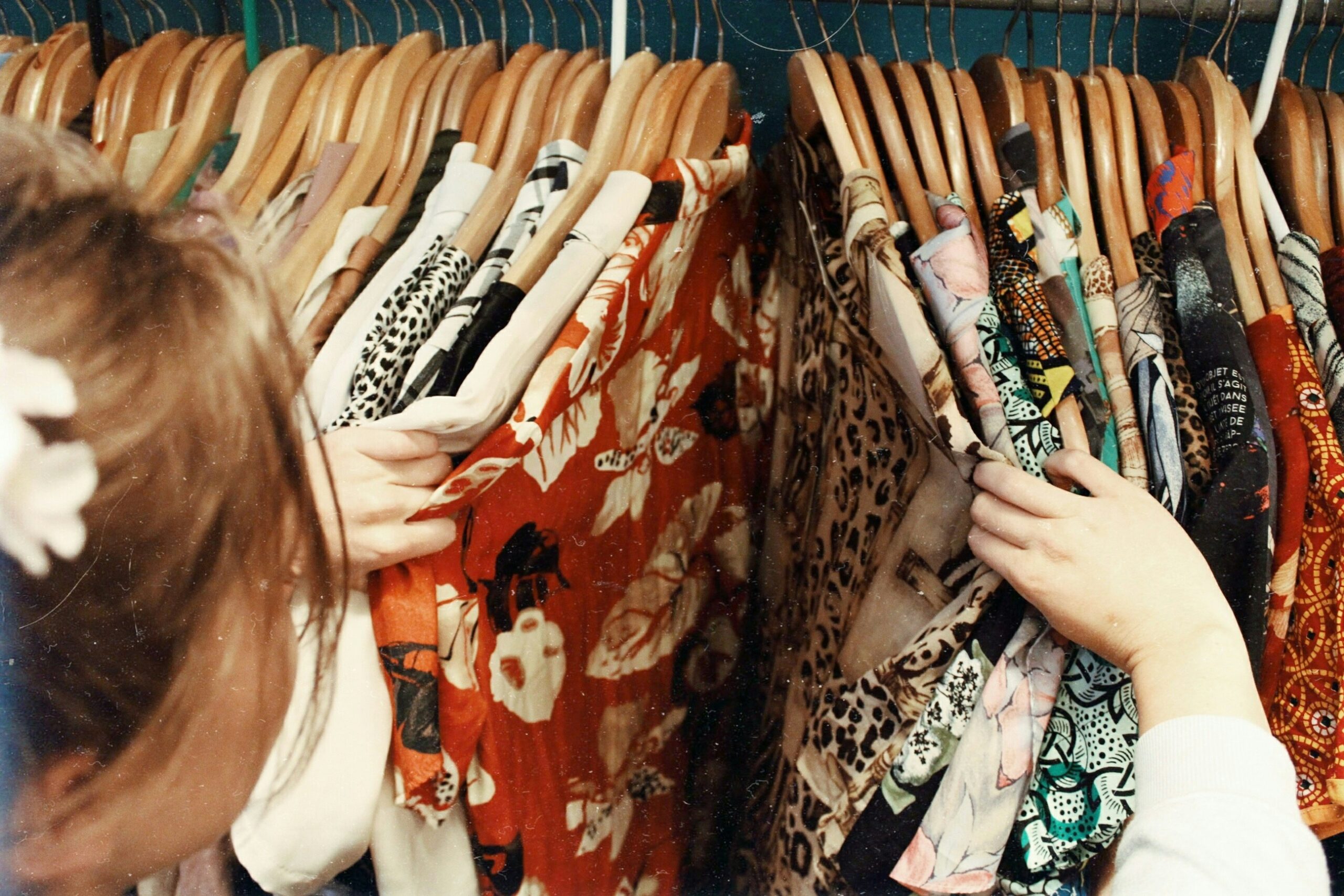
AbbVie Inc. raised its profit outlook for the year on better-than-expected sales from newer autoimmune treatments, but warned its forecast doesn’t take into account any potential changes in trade policy.
The drugmaker raised its 2025 adjusted earnings by 10 cents to a range of $12.09 to $12.29 a share. That “does not reflect any trade policy shifts, including pharmaceutical sector tariffs, that could impact AbbVie’s business,” according to a statement.
The company said it expects a $30 million charge from tariffs that are already in place, mostly related to its aesthetics business.
Investors have been focused on how companies are navigating existing tariffs and the potential for new levies to be imposed on pharmaceutical imports to the US. Larger competitors like Johnson & Johnson and Merck & Co. already warned tariffs will cost them hundreds of millions of dollars.
Potential tariff impacts would be “in line” with AbbVie’s peers, chief executive officer Rob Michael said on a call with investors. The company plans to invest $10 billion in the US over the next decade, he said.
AbbVie has looked to Skyrizi and Rinvoq — a pair of newer autoimmune medicines — to make up for fading revenue from its aging blockbuster Humira. That strategy is showing signs of working: Both drugs beat estimates in the first quarter, with combined sales of $5.14 billion.
That helped the company surpass quarterly revenue expectations. AbbVie recorded $13.34 billion in overall sales, beating analyst estimates. Adjusted earnings for the quarter were $2.46 a share, above Wall Street’s expectations.
“Overall, today’s results highlight the continued strong momentum of the company’s core franchise, particularly in immunology,” JPMorgan analyst Chris Schott said in a note.
Shares in AbbVie jumped as much as 4.6 percent when markets opened in New York, before paring gains. The North Chicago-based company rose 1.5 percent this year through Thursday, outperforming a roughly 7 percent drop in the S&P 500 Index.
AbbVie’s aesthetics business, which includes anti-wrinkle treatments like Botox, missed Wall Street’s estimates in the period. The segment is particularly sensitive to pullbacks in consumer spending because patients typically pay out of pocket. Botox will also be susceptible to potential tariffs on European countries since it’s made at a plant in Ireland.
The company is also seeking approval from the US Food and Drug Administration for a new, faster-acting wrinkle treatment that only lasts a few weeks. It’s meant to be an option for patients who want the effects of Botox, but cite fears of “looking unnatural,” AbbVie said. The treatment is expected to hit the market next year, Michael said on the call.
Recent deals in obesity and a fast-growing area of cancer drug development called “molecular glue” may help replenish AbbVie’s future pipeline after a next-generation schizophrenia drug failed two mid-stage studies last year. The company is analysing the data from those trials to determine next steps.
AbbVie’s full year guidance includes impacts from ongoing research and development.
By Madison Muller
Learn more:
‘Filler Fatigue’ Is Setting In
Growing concern around their long-term effects and fears of poor placement or technique are turning some consumers off from injectable fillers. There’s a new category of treatments that might fit the bill instead: biostimulators.








